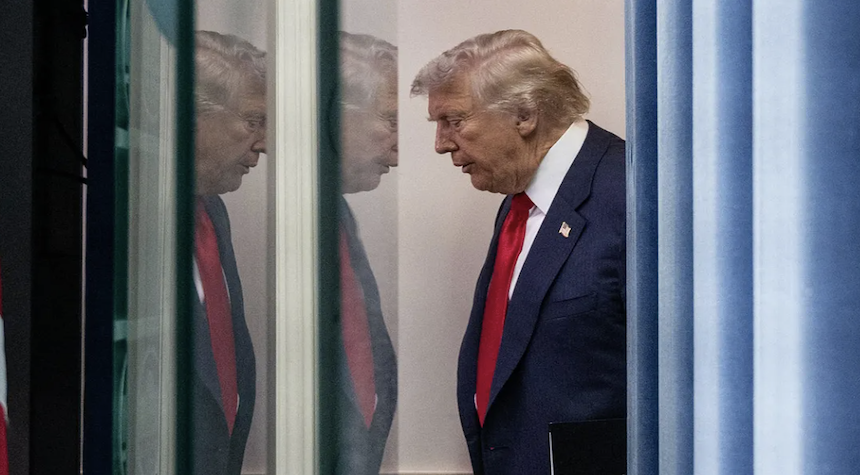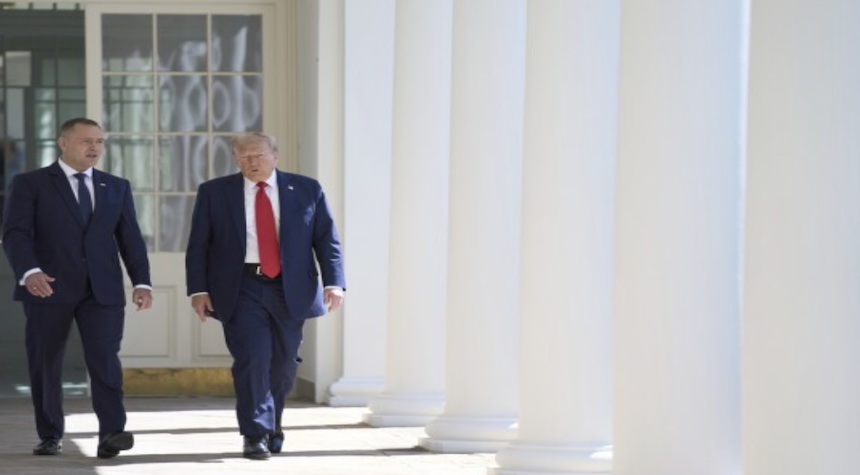President Donald Trump appears to have no objection to the ending of the federal oversight of Washington, D.C.’s law enforcement, according to statements from White House officials.
The president is content with the recent executive order issued by D.C. Mayor Muriel Bowser. It seems the mayor’s order, calling for ongoing collaboration with federal law enforcement, aligns with the president’s stance.
“She committed to indefinitely coordinate with federal law enforcement,” a White House official told CNN. “The keyword is ‘indefinitely.’ That is what we want.”
Also Consider Reading: South Korean Women Demand Justice, Sue U.S. Military Over Forced Sex Work
The president’s 30-day executive order, which declared a crime emergency in the District of Columbia, is due to expire. The order had led to the deployment of National Guard troops in the district to assist local police in protecting government buildings and residents. As of now, the presence of these troops is expected to be extended through December.

The White House has reportedly discussed its revised plans with House Speaker Mike Johnson, R-La. The Speaker had previously stated that the chamber would not vote to extend the crime emergency. Hence, congressional approval, which would require some Democratic support, would have been necessary had the president sought to extend the federal takeover of the D.C. police.
Senate Majority Whip John Barrasso, R-Wyo., and Sen. John Cornyn, R-Texas, have expressed satisfaction with Mayor Bowser’s response to Trump’s previous federal takeover of law enforcement in the district. Nevertheless, this raises important questions about the future of law enforcement oversight in Washington, D.C., as Republicans on the House Oversight Committee have been reported to be considering legislation that could limit D.C.’s self-governance and roll back criminal justice reforms in the city.
The president seems content with the indefinite coordination between D.C.’s local law enforcement and federal law enforcement agencies, but the broader implications of this decision are yet to fully unfold.


